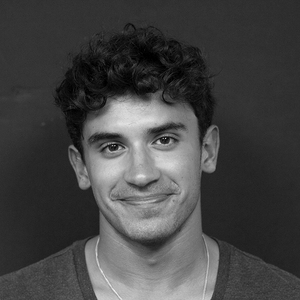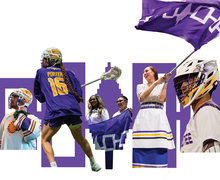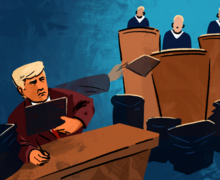Beckley-Forest: Return to populist ideals could save Democratic Party in 2016
The power and credibility of the people that the United States has chosen to lead and represent its “liberal” tradition is evolving through a convoluted series of backroom deals, popularity contests and elections over the last several decades.
Instead of champions for the beleaguered working classes, the impression powerful liberals like Hillary Clinton and Joseph Biden give is of cautious centrism and collusion with the financial industry in a time when Democratic voters are seething against it.
All this bears weight, as the country is rolling toward a nomination that offers a chance to redefine the soul of the Democratic Party. We can see stark contrast between the potential nominees — some seem compromised, others ideologically solid.
Hillary Clinton’s ties to Wall Street and centrist positions in that controversial area of policy are obsessively discussed in the media — journalist Matt Taibbi memorably derided her campaign rhetoric in April as “fake populism,” as he held up her badmouthing of the 1 percent-favoring carried interest tax break, legislation she supported in ‘08.
Even Vice President Joe Biden appears compromised; his close relationship with and voting support for the credit card lobby, and especially the financial company and Bank of America subsidiary MBNA, which aside from being his largest single contributor for the last twenty years, also employed his son Hunter, according to the New York Times and the Wall Street Journal.
But the New New Left has also brought a champion: Bernie Sanders, the original far-left populist. Darling of the labor unions, his platform is right out of the populist handbook.
The conflict between these two poles reveals a political party still shaken from the age of Reagan. The defeats suffered by left-wing presidential nominees such as Walter Mondale and Michael Dukakis convinced many Democratic strategists the party had to fundamentally shift to win any more votes from middle-class America.
This lack of confidence in American leftism opened up the game for the Clintons’ neoliberal reign. Meanwhile the increasingly involved lobbies have worked top Dems in a symbiotic circle of love that likely benefits corporate profit margins and politicians’ campaign coffers more than average consumers and workers.
Part of what ripped the rug out from under Democrats back in the 80s and made way for this weakening of principle may have been shifting power dynamics in U.S. Big Labor, long a bastion of support for the Democratic Party in a way that both conservative and liberal critics argued was parasitic, lost much steam nationwide from the late 70s and 80s onward. The declining rates of union participation in this country in the years since speak to that reality.
Bill Clinton and his political generation arguably shifted the popular party rhetoric to the center, a move that helped win elections, but at a cost.
As the political landscape reorients, Biden and especially Hillary Clinton still stand on the shaky ground afforded by recent Democratic tradition, while Sanders draws bigger crowds and wider participation. Why? It’s progressives like him who can lay claim to a less skewed, less contradictory vision for the Democratic Party and for the working people of this country.
Thomas Beckley-Forest is a sophomore newspaper and online journalism major. His column appears weekly. He can be reached at tjbeckle@syr.edu.
Published on September 7, 2015 at 11:52 pm






